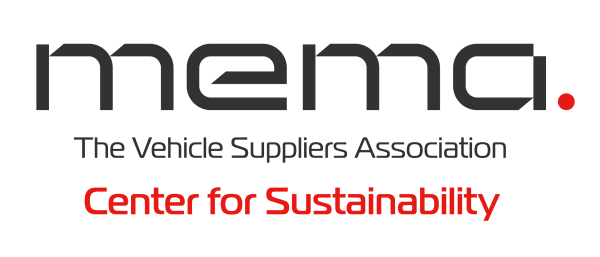What is EPR?

Extended Producer Responsibility (EPR) is a policy approach that assigns producers responsibility for the end-of-life of products. This can include both financial responsibility and operational responsibility, though the amount and type may differ. Producers are required to provide funding and/or services that assist in managing covered products after the use phase. Many MEMA members have shared that EPR will affect them as manufacturers in ways they had not previously anticipated.
Most EPR programs for packaging encourage or require producers of packaging products to join a collective producer responsibility organization (PRO), though many allow producers to comply individually. The PRO then develops a producer responsibility plan and manages the producer responsibility program. In some states, these components are referred to as a stewardship organization and stewardship plan. PROs are typically required to be nonprofit organizations, and a common approach is to allow for multiple PROs to operate within a single region’s EPR program.
The financial structure may vary, but in most EPR programs producers pay fees to the PRO. The PRO then distributes the funds to cover the costs required by program legislation. Costs generally provide funding for the end-of-life management of covered products (collection, sortation, processing). Covered products are either defined in legislation or in the producer responsibility plan, and are the specific items or materials that must be managed within the program.
Many new bills and positions extend cost coverage to include outreach and education, infrastructure improvements, and end-market development for recycled materials. Organizations and policymakers are increasingly pointing to effective EPR as a necessary component of a comprehensive approach to addressing recycling challenges and concern over single-use product pollution.